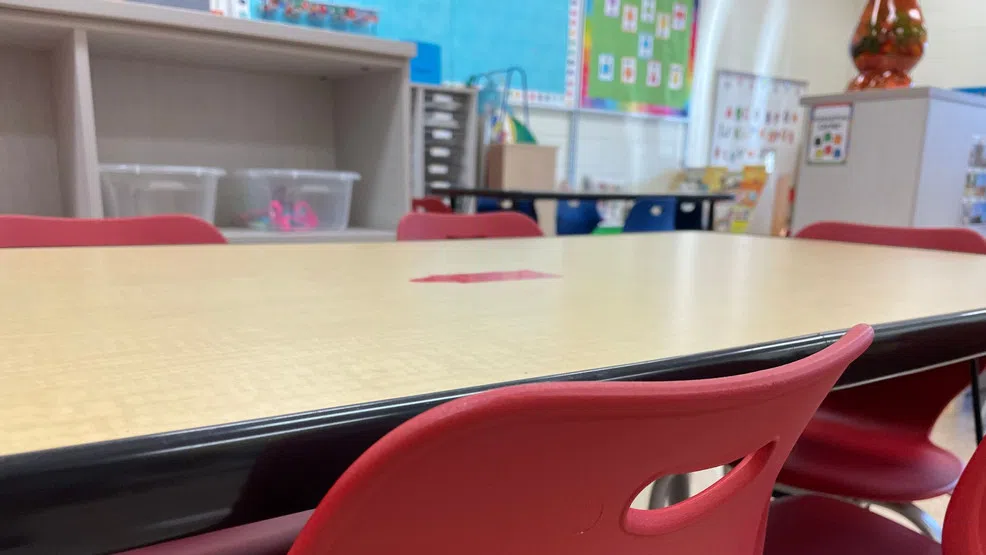GREEN BAY, WI (WTAQ-WLUK) – The new school year may have just started, but teachers continue to deal with stress and added responsibilities from the pandemic.
The state hopes it can relieve some of those extra stressors, using federal funding. But Republicans say that isn’t the right approach.
According to a report from the Rand Corporation, U.S. teachers and principals are experiencing chronic job-related stress, at twice the rate of the general population of working adults.
“At the end of the day, we really do have to consider how much people get paid,” said Democratic Gov. Tony Evers.
About one-third of the teachers interviewed for the survey who took on extra work, said that doing so, caused them stress or frustration, partially related to pay.
“Some of that has to do with the respect they get as professionals doing the best they can every single day making sure the kids are learning,” said Evers.
According to the Wisconsin Department of Public Institution, the Appleton School District’s average teacher salary was $58,331 during the 2020-2021 school year. The Green Bay district’s average was $57,624.
“There’s a point where a young person is thinking, ‘Am I going to choose this career or this career?’ Obviously both rewarding, but one pays a lot more so that’s where they’re going,” said Evers.
“One of the things that I’m hopeful that we’ll be able to address next session, would be increasing the minimum pay for every single teacher in Wisconsin,” said State Rep. David Steffen, R-Green Bay.
The 4th District Republican agrees good teachers deserve more money. But he says Evers’ $90 million investment isn’t the solution.
“If any Wisconsinites still have any doubt or misunderstanding of why we have runaway inflation, it’s because of this,” said Steffen.
The $90 million comes from the federal American Rescue Plan. The governor’s office says it will amount to nearly $100 in funding per student.
Of the federal funds, $75 million will go towards hiring more staff and other issues caused by rising costs. The remaining $15 million will go toward mental health services.
“This is gross to have this type of spending occurring from the federal government through our governor’s office,” said Steffen.
“Going forward, we have to continue to invest into our schools,” said Evers. “That is the bottom line. Money isn’t everything, but it sure makes a difference.”





